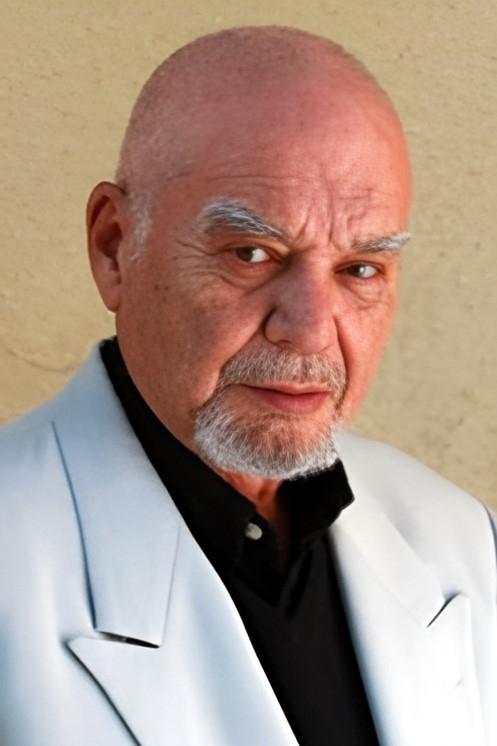
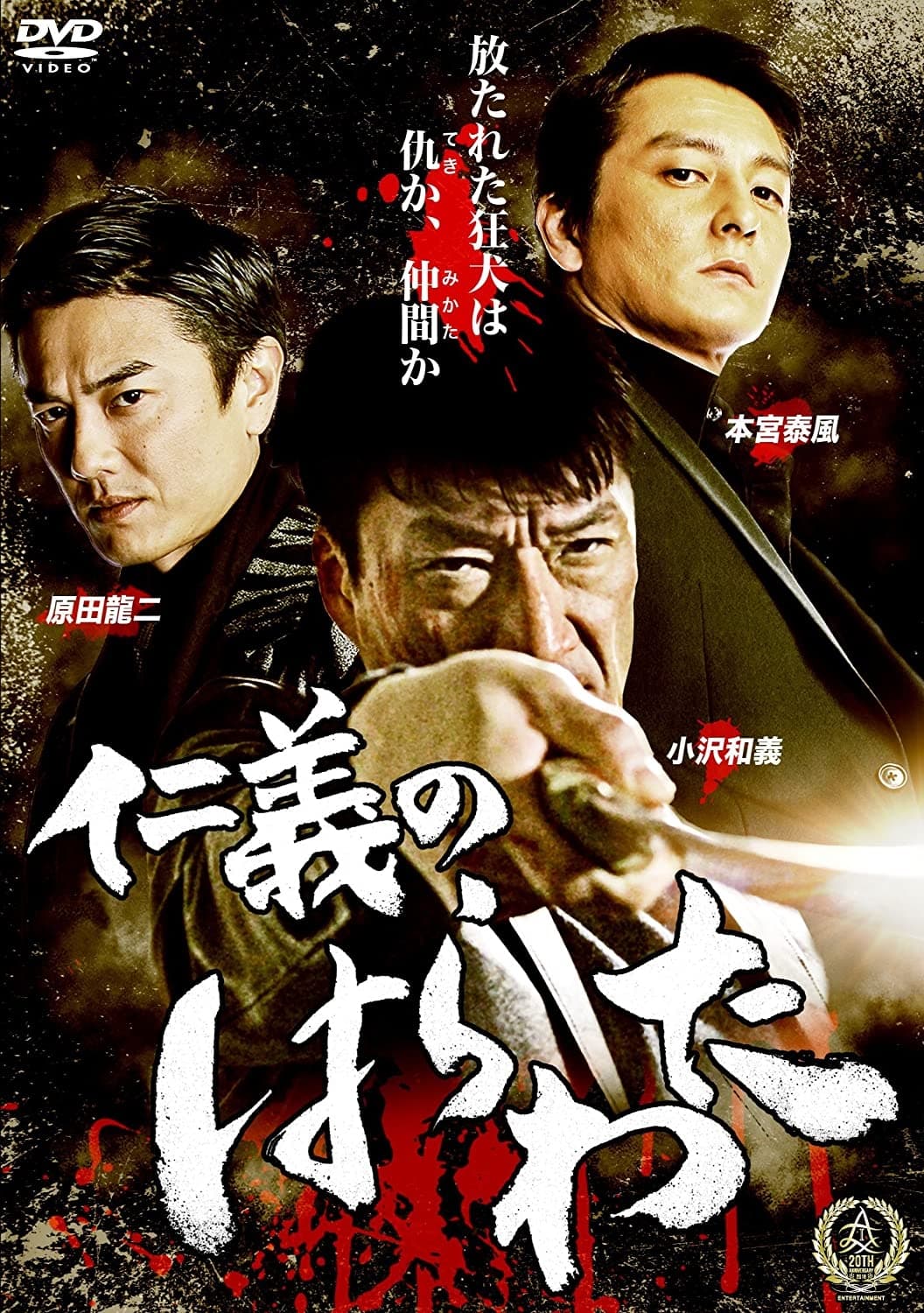
The Kanto Mutsumo-kai, one of Japan's foremost gangster organisations, is under the dictatorship of Sugo, the third president of the Ryujin clan, and Saito, its president. Toraji (Ozawa Kazuyoshi), who rebelled against this dictatorship but was unsuccessfully insulated and expelled, is picked up by his uncle Ryuzo and joins the Takematsu Rengokai. Toraji recruits a group of local delinquents headed by Hiroshi Maeda (Yasukaze Motomiya) into his ranks and begins a guerrilla war against the Kanto Rikukai-affiliated Yoshinin-kai. The two expand their power, but Toraji begins to dabble in stimulants and gradually goes berserk. An assassination plot is hatched against Toraji, and Hiroshi tries to stop it.
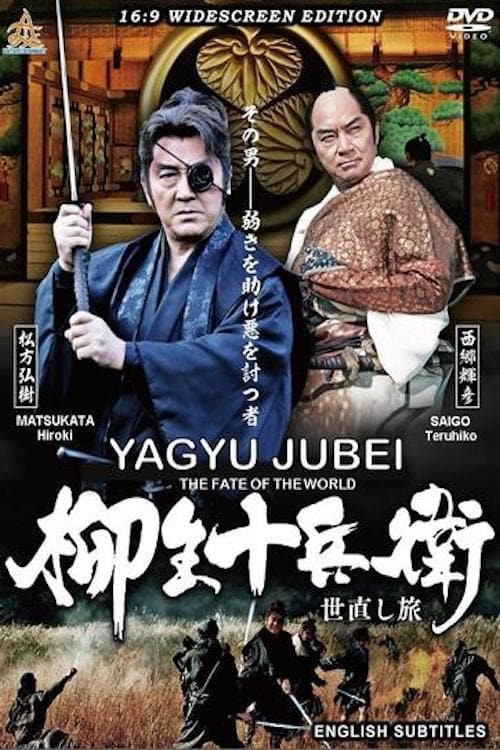
The fate of Tokugawa’s world hangs in the balance as Yagyu Jubei is sent on a mission to discover what happened to 10 of the shogun’s spies that never returned. Matsukata Hiroki, one of the last surviving members of the Golden Age of Japanese Cinema proves that he has not lost a step as he portrays an older and wiser Yagyu Jubei in a movie that brings the best of samurai filmmaking into the 21st century. Summoned from semi-retirement by Shogun Iemitsu, Jubei is asked to take to the road and investigate a clan rumored to be preparing explosives for a rebellion. With help from a beautiful female ninja they head into the Shirakawa domain where the fighting skills of both are tested time and again as they strive to destroy a conspiracy that could bring a new Warring States Era. In the 1960's Yagyu Jubei was the signature role of the great Konoe Jushiro, father of Matsukata Hiroki. This brings the character full circle.
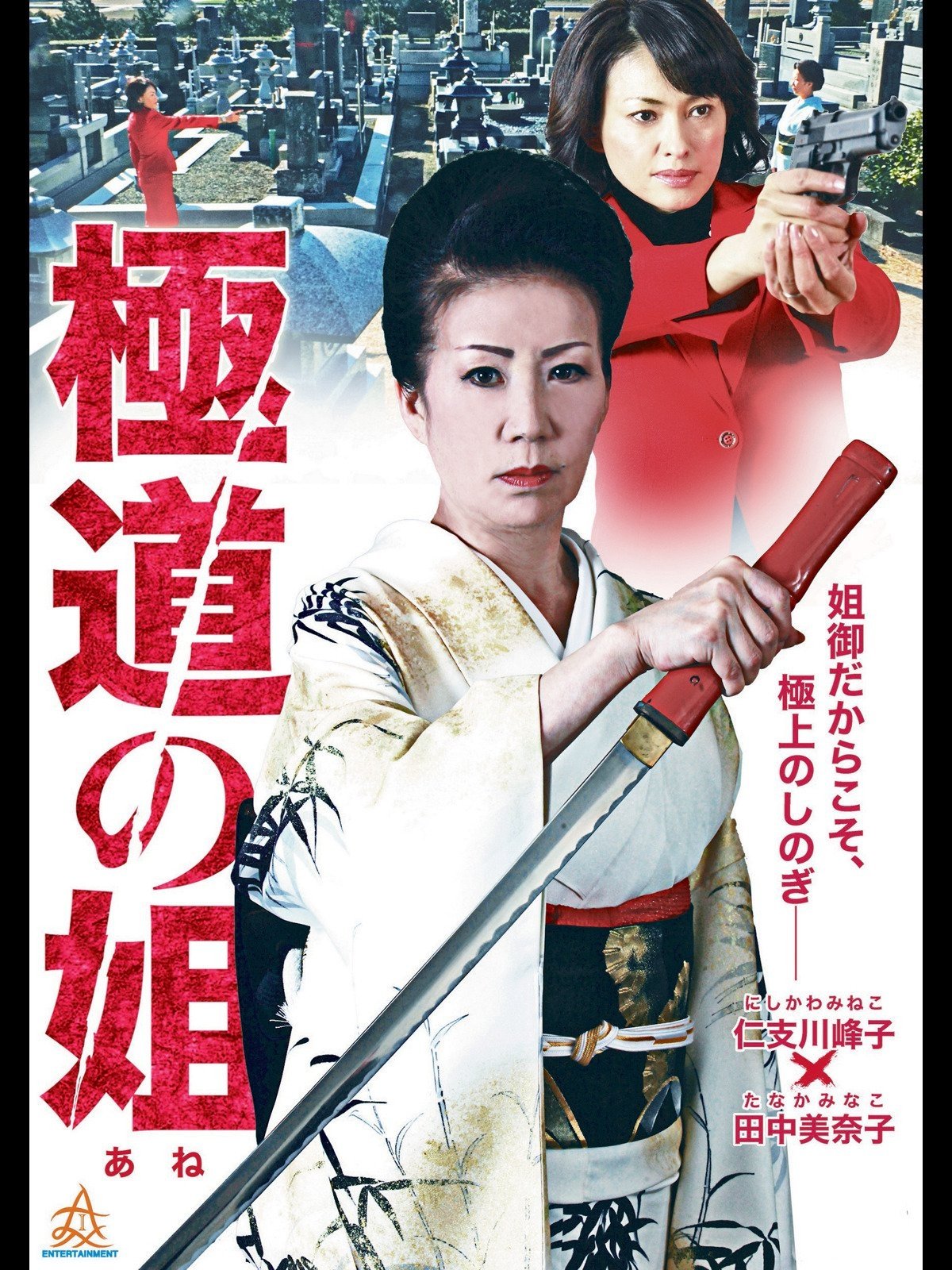
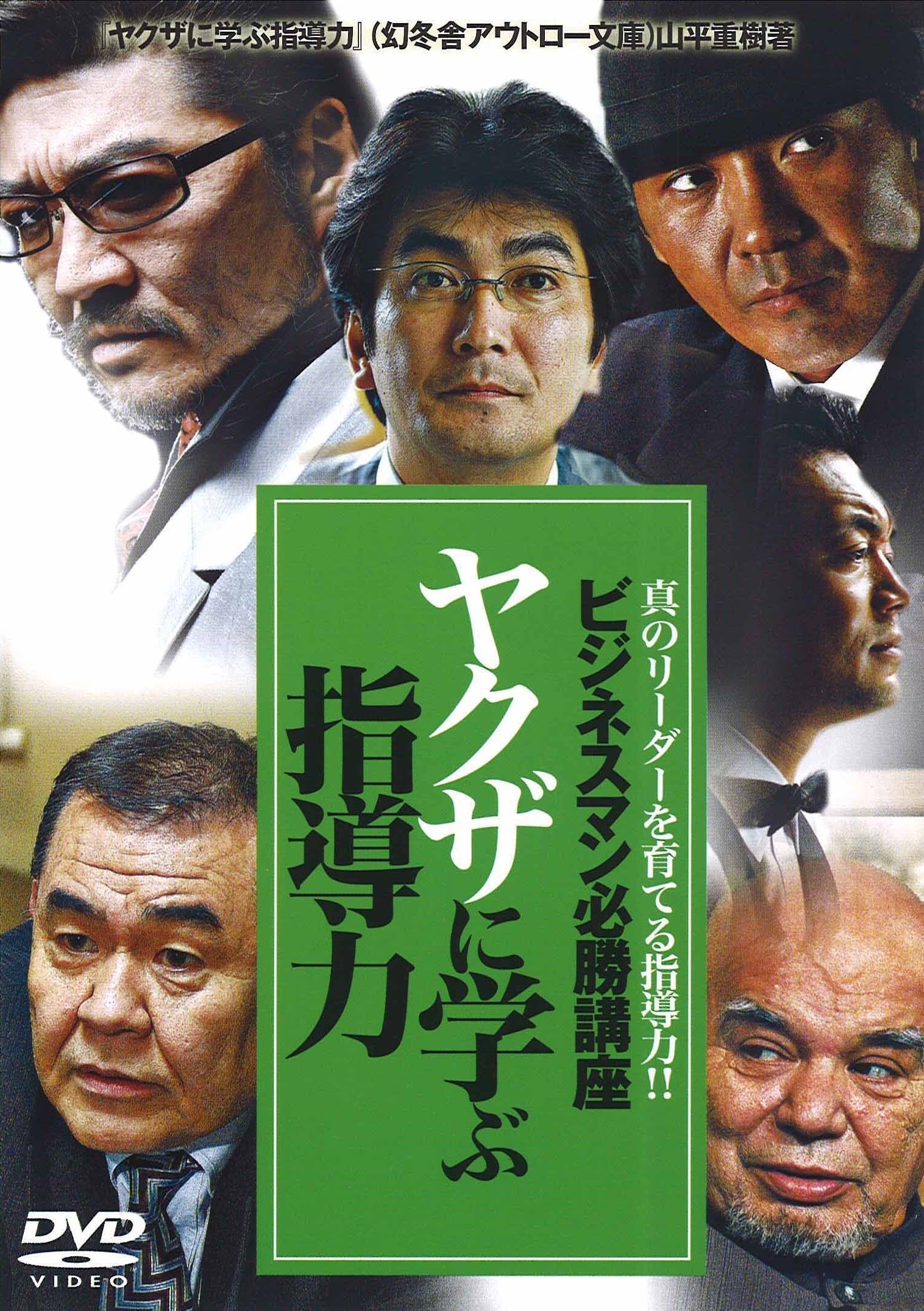
The strength or weakness of an organization lies in the hands of its boss. In the unforgiving world of the yakuza, where leadership is relentlessly tested, what is the role and significance of a leader? This film delves deep into the unique leadership methods of the yakuza—methods that cultivate loyal subordinates willing to risk their lives for their leader and organization!
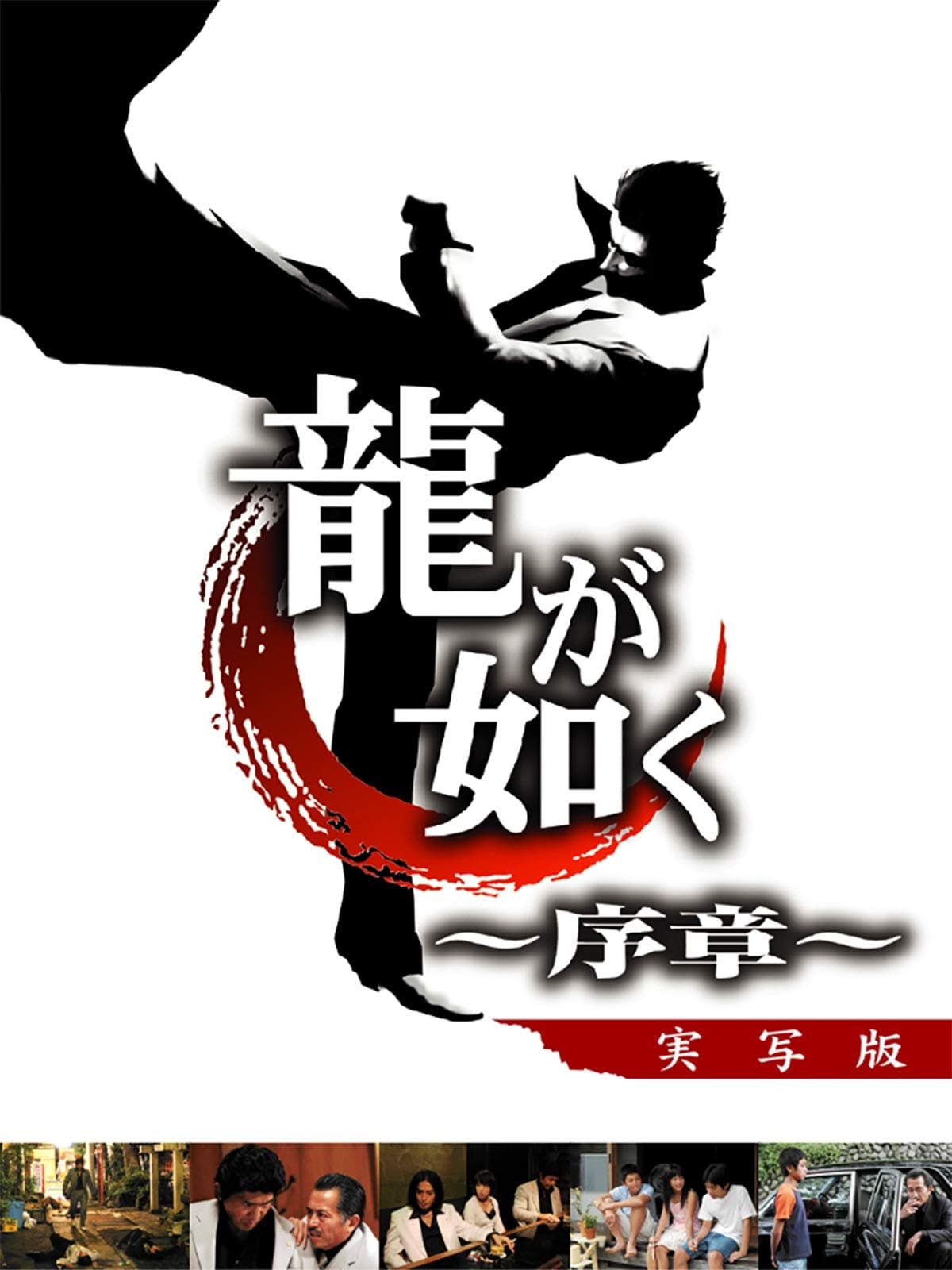
In 1970s-era Japan, three children, Kazuma Kiryu, Akira Nishikiyama, and his younger sister, Yuko Nishikiyama, are raised together in Shintaro Kazama's Sunflower Orphanage. In the summer of 1980, Yumi Sawamura, a young girl whose parents were accidentally shot and killed during a gang's shootout, joins them in the orphanage. Following a yakuza tradition, the honorable Kazama secretly raises orphans whose parents he has directly or indirectly killed. In return, the children love him as a father and he eventually inducts the teenage Kiryu and Nishikiyama into the Dojima Family, a Tojo Clan affiliate of which he is a senior officer.
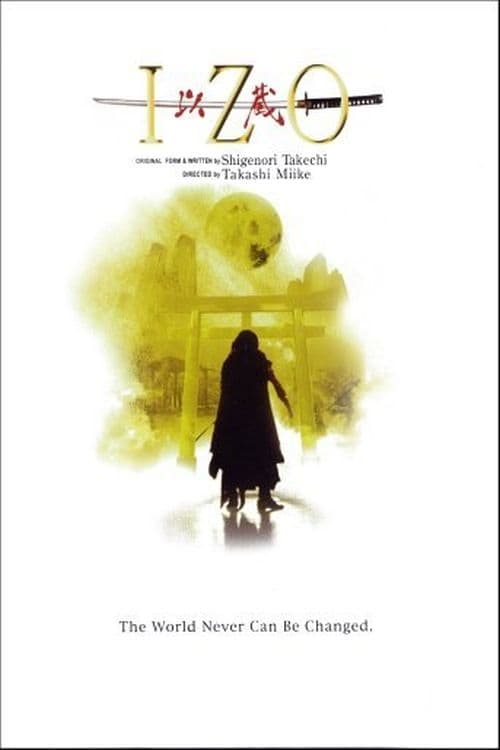
Izo is an assassin in the service of a Tosa lord and Imperial supporter. After killing dozens of the Shogun's men, Izo is captured and crucified. Instead of being extinguished, his rage propels him through the space-time continuum to present-day Tokyo. Here Izo transforms himself into a new, improved killing machine.
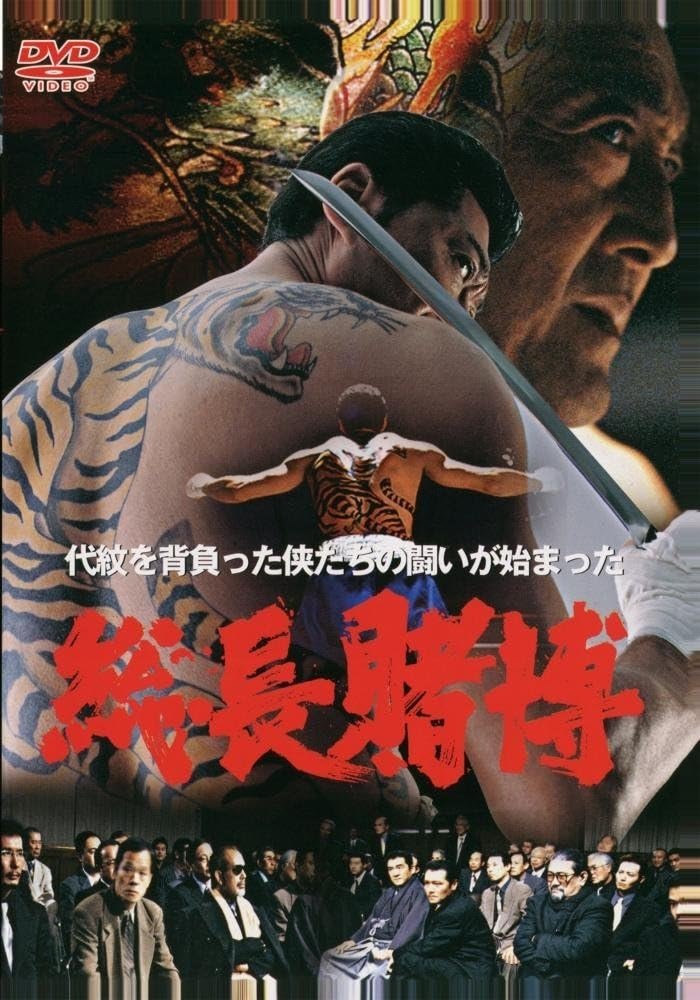
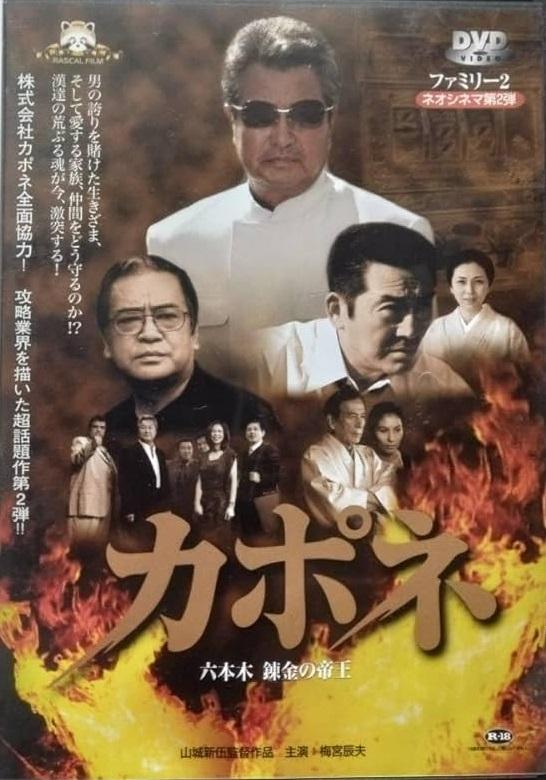
With the help of the real-life pachislot gambling group "Capone," the film depicts the friendship between a man who gambles and a man who lives in the underworld.
Harumi Sone was born on 5 September 1937 in Osaka, Japan. He was an actor and producer, known for The Shogun Assassins (1979), Gozu (2003) and Message from Space (1978). He died on 16 June 2016 in Nagoya, Aichi, Japan.
By browsing this website, you accept our cookies policy.